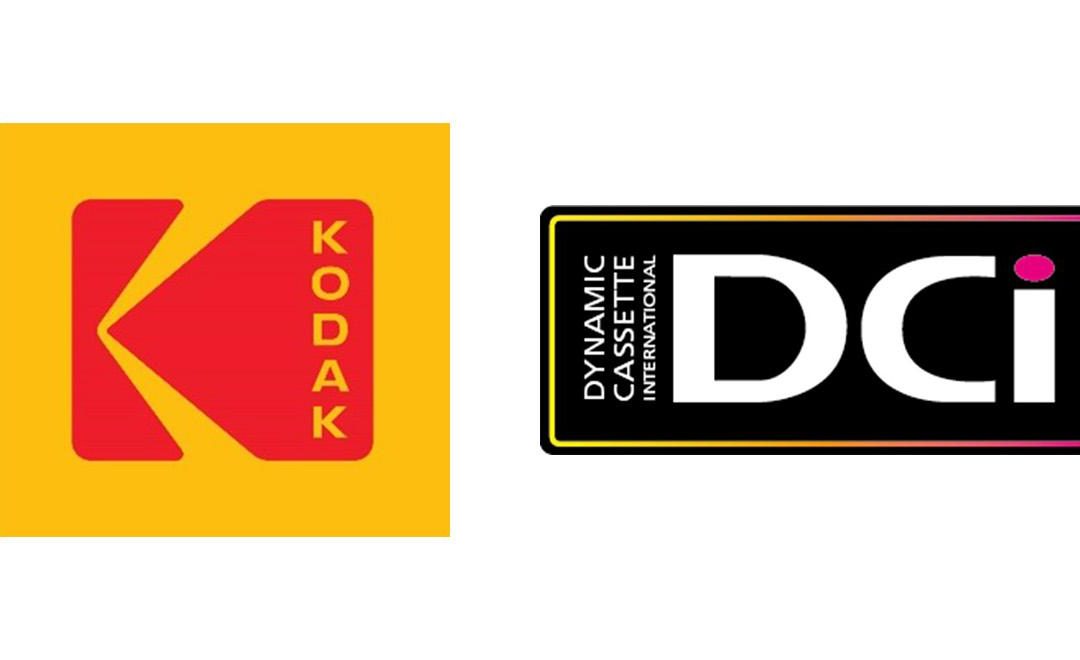 Boris Johnson, the UK Prime Minister used his newly elected majority to pass the Brexit bill through parliament. We take a look at what that means for the industry.
Boris Johnson, the UK Prime Minister used his newly elected majority to pass the Brexit bill through parliament. We take a look at what that means for the industry.
Wherever you are in the world and trading with the UK Brexit will have some impact on you and your business.
So, what has just happened?
While the deal between the UK and EU was agreed to last October, it only became legal in the UK when the EU withdrawal bill (EWB) was passed.
The next step is for the European parliament to ratify the withdrawal agreement on 29 January, and Brexit will happen two days later on the 31 January.
31 January is Brexit day and the UK will exit the EU at 11 pm (midnight CET) and the UK will no longer be a member of the EU.
What changes?
Business as usual because the UK enters an 11-month transition period, to allow both the government and EU to work out what the future trade relationship will be.
For businesses, the UK stays in the customs union and the single market and trade carries on as normal. VAT, EC Sales Lists and all the other rules stay the same.
The big difference is a political one – The UK will be outside all of the EU political institutions and won’t be represented in the EU council of ministers or the European parliament. A case of following the EU rules but will have no say in making them.
EU citizens will continue to be able to travel to and work in the UK and British citizens can do the same in another member state.
The European court of justice will still have powers during the transition period so British courts can refer cases there. What role the ECJ will have following the transition period is still to be determined as part of the longer-term negotiations. But its role is likely to be limited.
1st February
The UK government has 30 days to publish their negotiation mandate for the future relationship and the EU is expected to ratify their negotiating mandate on 25 February, which will then be passed to the EU chief negotiator, Michel Barnier, and officials at the European Commission.
Special committees of British and EU representatives will begin talks on establishing a border in the Irish Sea. The meetings will agree the technical details on implementing the protocol on Northern Ireland, an agreement that leaves the region following EU rules, with a separate status to Great Britain.
1st March
Discussions between the UK and the EU begin on the new trading relationship. These talks are expected to go to the wire in late November or early December 2020.
Will a trade deal be done?
The UK thinks a deal is possible, while the EU thinks it will be challenging. Barnier has said not everything can be done in 11 months and expects that the first task will be to prioritise some topics like the trade in goods, security and fishing rights.
It is unlikely a comprehensive deal can be negotiated in eleven months, but a limited one that focuses on the trade in goods might be concluded. Or possible a framework agreement is done and the details follow on a topic by topic basis. The means there may be numerous issues to resolve and a full Brexit might be years away.
What if a trade deal fails?
If no deal is concluded and there are no extensions agreed between the UK and EU, then the UK will exit the transition period on 31st December 2020 and will begin trading on WTO terms.
Don’t panic
We will keep you updated on and relevant Brexit news as it unfolds and try not to turn you into Bob (Bored of Brexit).








